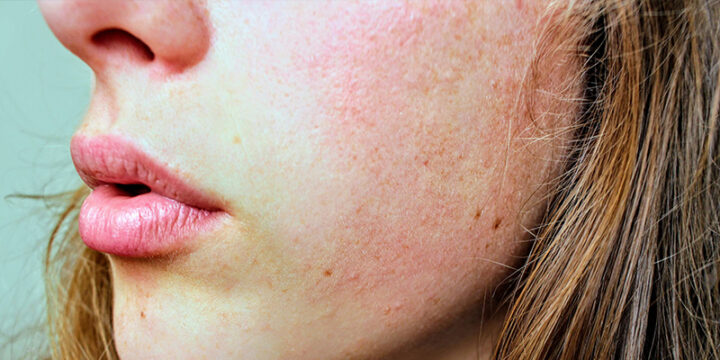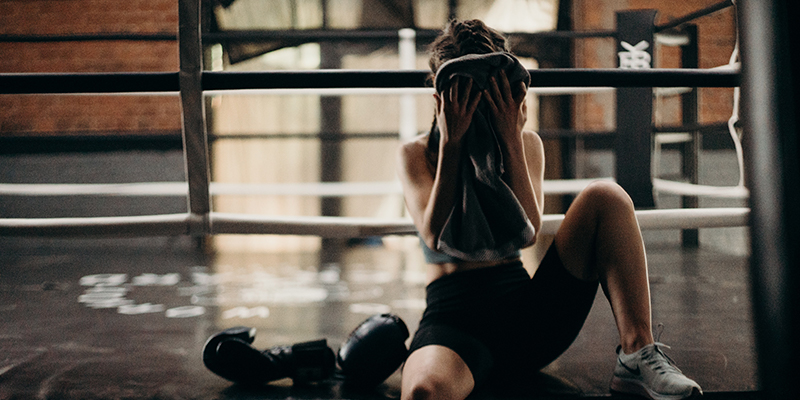If you’re not eating enough protein, your body may be trying to tell you something. Protein deficiency is a problem that many people face and it’s important to know the warning signs. Protein is an essential part of any diet and it helps regulate metabolism, build muscle mass, improve bone health, and more. If you are experiencing some of these symptoms on this list, talk to your nutritionist about how much protein you should be eating each day or increase your protein intake via diet. A good recommendation is eating 1 gram of protein per kg of bodyweight.
Symptoms Of Protein Deficiency:
Lack Of Energy:

Protein is a major component of muscle and without enough protein, you might feel weak or tired. Protein also helps regulate the body’s metabolism which can lead to weight loss resistance if there is an inadequate amount. Protein-rich foods such as meat, seafood and legumes provide you with a steady stream of amino acids that your body needs to produce glucose which provides fuel for your cells.
Dry Skin:

Protein is needed for the production of collagen. Collagen is a protein that keeps skin supple and youthful-looking. As we age, our bodies produce less collagen which can lead to dry skin and wrinkles. Hence, consuming an adequate amount of protein on a daily basis should be a major check on your daily nutritional checklist.
Hair Loss:

Protein deficiency might also cause hair loss because it affects hormonal levels in your body such as testosterone which promote healthy hair growth. Consuming an adequate amount of protein helps to keep hormones balanced. Keratin is required by the body to fortify our hair follicles and keep our nails healthy as well. Consume high-quality protein foods like spinach, eggs, salmon, chicken and dairy on a regular basis to boost your hair’s health.
Poor Workouts:

Protein helps muscles recover after exercise by helping them rebuild themselves stronger than before. People who don’t consume an adequate amount of protein can see their performance in the gym suffer because they won’t be able to build muscle at an optimal rate. Muscle strength declines as we age if it’s not being used or strengthened properly, this will lead to an inevitable drop in metabolism which can cause weight gain over time. Protein deficiency may even cause excess weight gain because it affects the regulation of insulin and hormone levels that control appetite.
Muscle Weakness And Sore Joints:

Protein helps maintain muscle mass by providing building blocks for tissues so if not enough protein is consumed you may feel weak or experience sore joints from the poor recovery time. Consume protein-rich foods like lean meat, seafood, eggs, paneer, soya and if you can’t seem to eat enough, invest in a quality protein powder.
